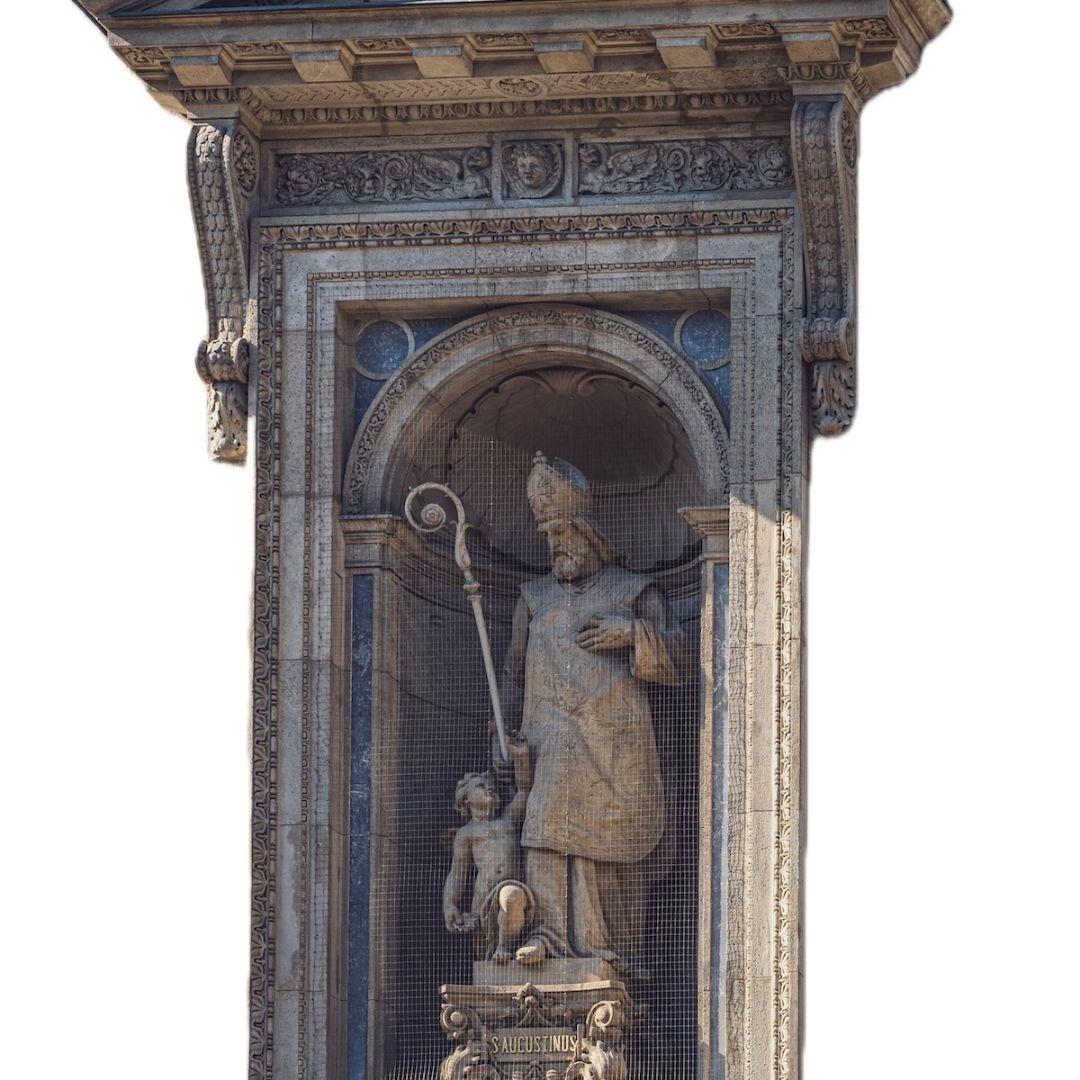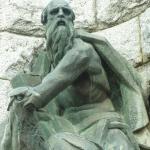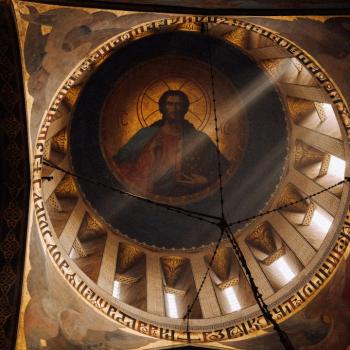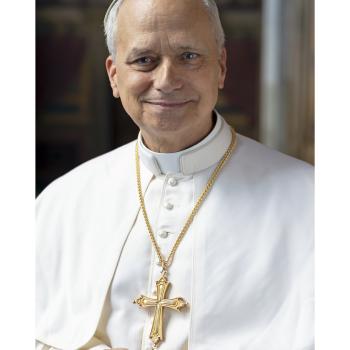Augustine tells us what we need to know to form Christian culture from the remains of a pagan one. Perhaps his work De Doctrina Christiana is a road map for our own times. I do not want to seem alarmist, but many elements of our current world point to a great decline. I believe that Christians are called upon to be witnesses to hope in this world. The best way to do this is to put forth the truth of Christian doctrine in a cogent and convincing manner. Augustine can help us do precisely that.
3 Keys to Christian Culture
He argues that we should use rhetoric to form Christian culture.. His whole training as a rhetor helps us understand that. He sets forth this writing as a guidebook interpret Scripture. He reminds us of the importance of God’s Word and how it must be at the center of Christian life and culture. We live in a world that is drowned by words, but how often are they the words of God? He reminds us that Christian teaching and culture is superior to pagan culture.
After listening to a lecture by Thomas Merton to the young monks of the Trappist monastery, I stumbled across De Doctrina Christiana by St. Augustine. If you have ever had the experience of reading a book that tells you who you are and what you think better than you can express it for yourself, you have an inkling of my own experience with this work. It is simply incredible.
Brief summary of Augustine’s life
Augustine was born to a Christian mother and pagan father in 354 in the city of Tagaste in Northern Africa. His inquisitive mind led him to become a skeptic in 384 by reading Cicero. He became a neo-Platonist in 386 after reading Plotinus and Porphyry. Hearing the teaching of the great bishop of Milan, Ambrose, led him to be baptized a Christian in 387. He was ordained a priest in 391 and made bishop in 395, returning to North Africa and taking the diocese of Hippo.

St. Augustine wrote De Doctrina Christiana in two different moments of his life. In 397, as a young bishop, he wrote the first three books. He came back to it and wrote the fourth book in 426. This shows that when he stumbled upon his earlier work, he saw it fit for finishing. He mentions this in his Retractions.
Meaning of the word “doctrine”
What does the word Doctrina mean in this work? Is it merely doctrine? Is he speaking about Christian doctrine, or about how to read Scripture? He is co-opting the word doctrina with all of its range of meanings. (Gerald Press, Doctrina in Augustine’s De Doctrina christiana) Doctrina can mean “education, learning, science, teaching, instruction, principle, and doctrine.” (Latin Dictionary) All together, it is the basis of culture. Augustine co-opts the term, replacing pagan culture with Christian culture. Perhaps this is the true aim of his work. It is for this reason that the work seems so current. He is dealing with problems that line up very well with our problems of today.
Rescuing of Rhetoric
Augustine was a student of the “pagan” art of rhetoric. As he deepened his conversion process, he became aware of how much of the science and art he had acquired could be put to better use at the service of the Gospel. It could help form Christian culture. At the time that Augustine was writing, non-Christians would have understood doctrina to refer to traditional arts and sciences and their contents. Christians, on the other hand, would understand doctrina to refer to the teachings of their faith. So, Augustine is bridging a gap by using the word.
Interpretation of Scripture
The book is about interpretation of scripture, while at the same time gives a bit of rhetorical training. This comes in part from Augustine’s understanding that interpretation of scripture, tractatio scripturarum, consists in understanding the meaning of the text and explaining it. This part of explaining it explains the need for rhetorical training. This is the way that Christianity is lived out, according to Augustine.
Superiority of Christian Doctrine
Christian doctrine is superior to pagan doctrine under three aspects. The oneness of the Christian God gives a necessary unity to Christian doctrine. The stories of Christian doctrine promote right behavior. Christian doctrine leads to true happiness, unlike the stories and arts of the pagans.
Leaning towards learning
While there was an anti-intellectual bent in many early Christians, Augustine takes a more nuanced position. He agrees with them that much of pagan learning is bad. However, he posits that there can be a Christian learning which is not only not bad, but even good and wholesome. In fact, it may even be necessary to become a true Christian.
Pope John Paul II and No Fear of the Truth
The Church never has to be afraid of the truth. Pope John Paul II wrote in his encyclical on moral theology about the inherent relationship between truth and freedom. (Pope John Paul II, Veritatis Splendor, 4) His greatest testimony to respect for the truth comes at the beginning of Fides et Ratio, his encyclical discussing faith and reason.
Faith and reason are like two wings on which the human spirit rises to the contemplation of truth; and God has placed in the human heart a desire to know the truth—in a word, to know himself—so that, by knowing and loving God, men and women may also come to the fullness of truth about themselves. (Pope John Paul II, Fides et Ratio, 1)
Rejection of Christian Fundamentalism
Even today, there are currents that try to shy away from learning. The fundamentalist current of Evangelical Christianity gets a lot of press and sometimes tries to be the face of all Christianity. Sometimes, there seems to be a “head-in-the-sand” mentality that irks men and women of science. This does not help to form Christian culture. Augustine shows in De Doctrina Christiana that the Church never has to be afraid of the truth. At the same time, we would do well to heed his exhortation to do a better job of understanding the faith and presenting it to others in a way that is understandable. Rhetoric, God’s Word, and commitment to right Christian teaching are key to building a Christian culture in a secular world.
First of a series on De Doctrina Christiana. Subscribe to the newsletter to never miss an article.
Read how Augustine can help us respond to Fundamentalism here.













